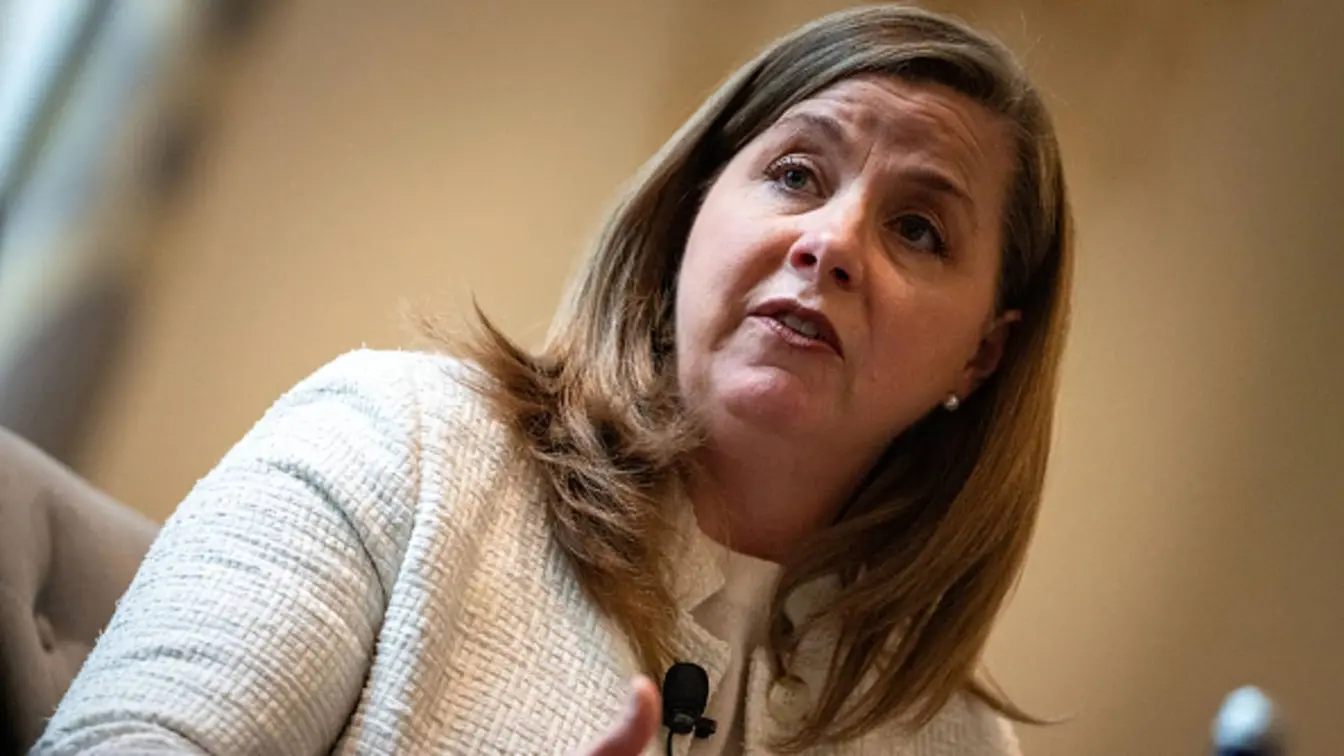T4K3.news
Tariffs Elevate Stagflation Risk for Fed Policy
Tariffs could raise inflation and challenge the Fed as growth slows, a situation the markets will watch closely.
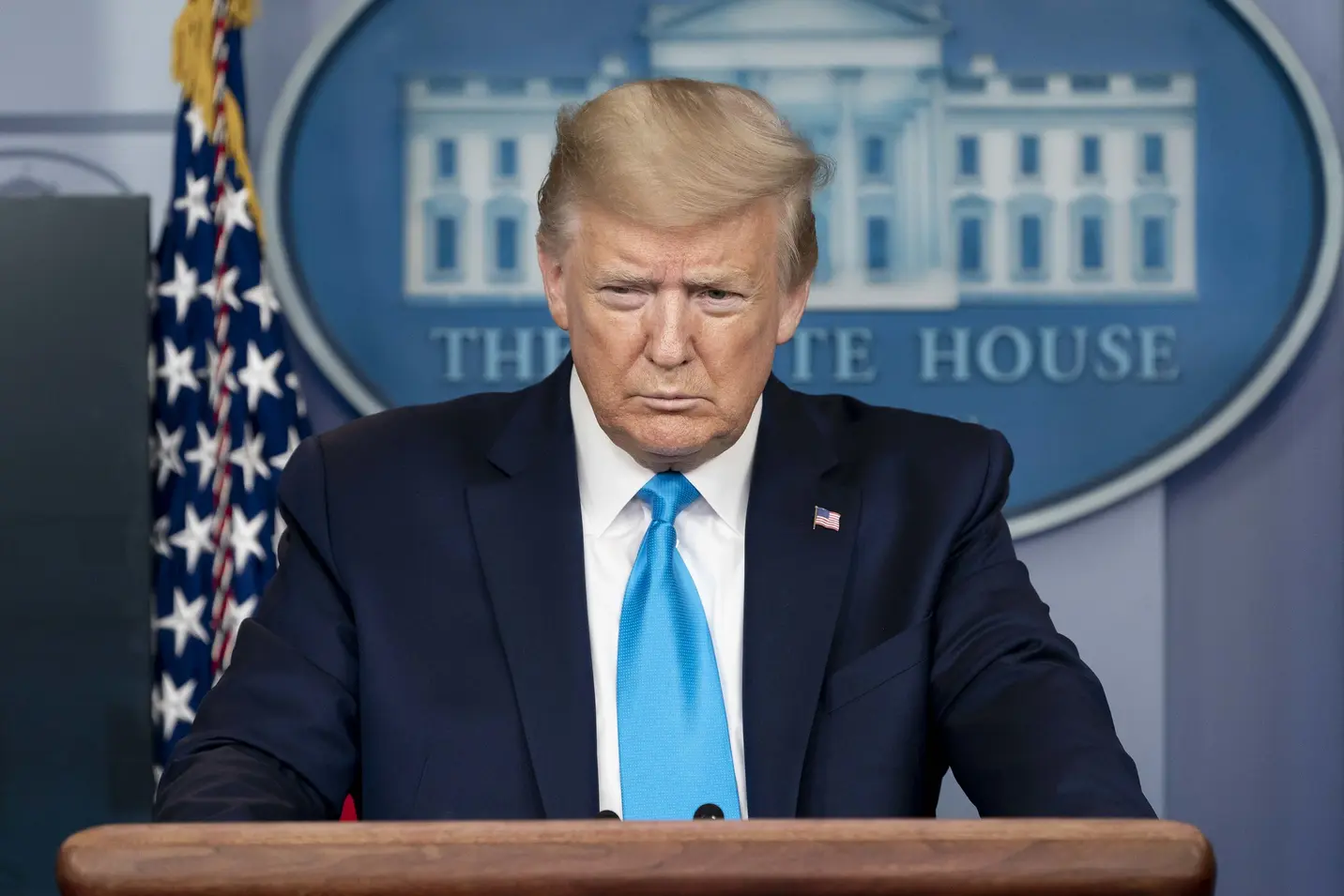
A steady rise in inflation and mixed job data test the Fed as tariff policy looms over growth.
Tariffs Elevate Stagflation Risk for Fed Policy
The Federal Reserve faces a complex backdrop as tariff policy is linked to a slower path for growth and higher prices. The June inflation report shows the pace of price increases climbing to 2.67% on a trailing basis, up from 2.35% in May. The rise marks the first clear signal that tariffs may be feeding consumer costs through the economy. At the same time, the Labor Department revised May and June job gains downward, suggesting some softening in payroll momentum. The Fed’s own forecast for core inflation, as measured by the PCE index, rose to a 3.1% pace by the end of 2025, indicating higher price pressures even as the labor market remains relatively tight. A 2018-2019 tariff episode is cited as showing how output tariffs can raise costs for firms and households, a dynamic that policymakers worry might repeat under current policy.
The market backdrop remains unusually resilient. Valuation measures such as the Shiller P/E ratio point to a stock market that has stretched historically but not yet broken, and the broad indexes have shown the capacity to rebound from headwinds. Analysts note that long-run stock cycles tend to be nonlinear: periods of inflation and policy friction can be temporary, even as investors grow cautious about near-term risks. Still, the article warns that a tariff-driven inflation impulse could complicate the Fed’s balancing act between price stability and growth, especially if growth stalls or jobs loosen.
Key Takeaways
"We have warned of it, but it is not something that we are facing or that we expect to face."
Powell on the risk of stagflation
"The stock market's resiliency is unparalleled."
Article notes long-run market strength
"Tariffs could push inflation higher while growth slows."
Editorial assessment of tariff impact
"Nonlinearity of cycles means downturns are usually short."
Comment on historical market cycles
Policy tensions are at the heart of the discussion. Tariffs push costs higher for businesses and households, potentially slowing hiring and dampening investment just when the economy could use a steadier expansion. The Fed must decide whether to lean toward tighter policy to curb inflation or to risk slowing growth further in a bid to protect employment. The piece argues that stagflation is a nightmare scenario without a clean fix, and tariff policy raises the odds of hitting such a trap. The long view in the analysis is plain: markets can endure shocks, but policy misalignment can turn a temporary headwind into a lasting drag.
Another layer is what this means for different groups. Investors may reassess risk and diversify; workers could feel price pressures if inflation persists; policymakers face a delicate calibration between tariffs, consumer prices, and job growth. The piece underscores the importance of clear, consistent policy signals to prevent a self-fulfilling cycle of higher costs and slower growth. The takeaway is not certainty but prudence in policy design and communication.
Highlights
- Tariffs are a tax on everyday costs
- Markets hate policy surprises more than headlines
- Tariffs could push inflation higher while growth slows
- Nonlinearity of cycles means downturns are usually short
Tariffs heighten political and financial risk
Tariffs can raise consumer prices, depress growth, and provoke political backlash. The policy mix creates uncertainty for markets and households.
The coming months will test how policymakers balance price stability with sustainable growth.
Enjoyed this? Let your friends know!
Related News
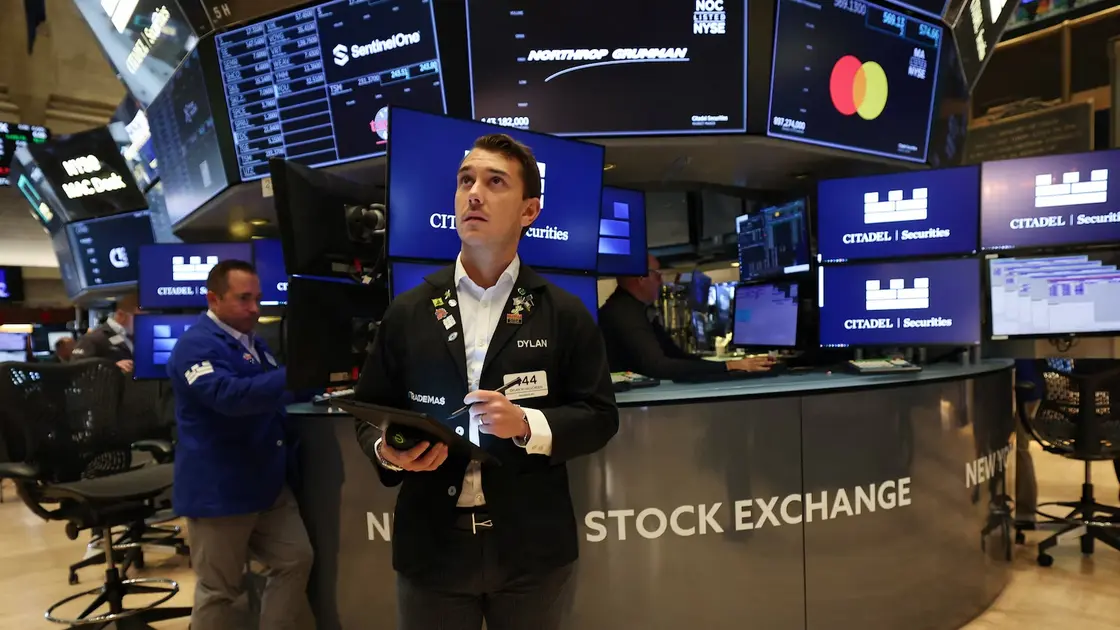
Markets hold after weak data and tariff shocks
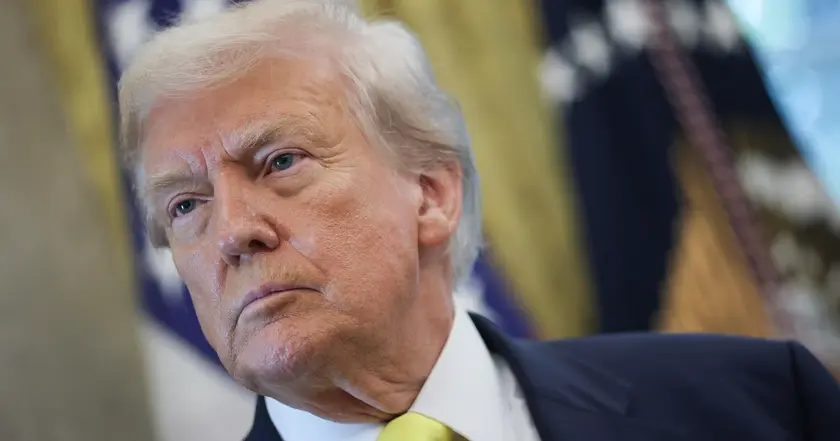
Tariffs and growth under pressure
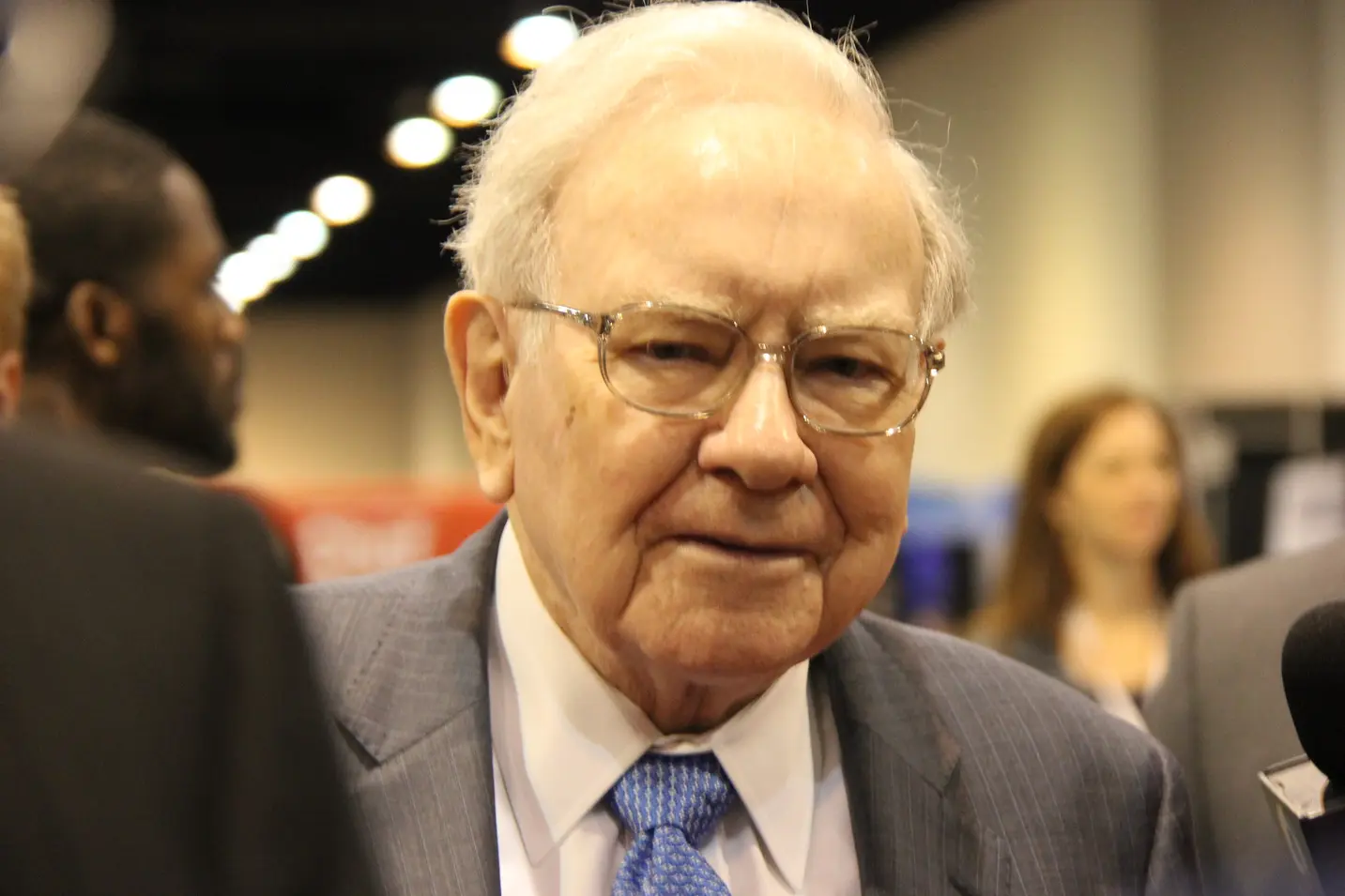
Tariff risks loom over markets
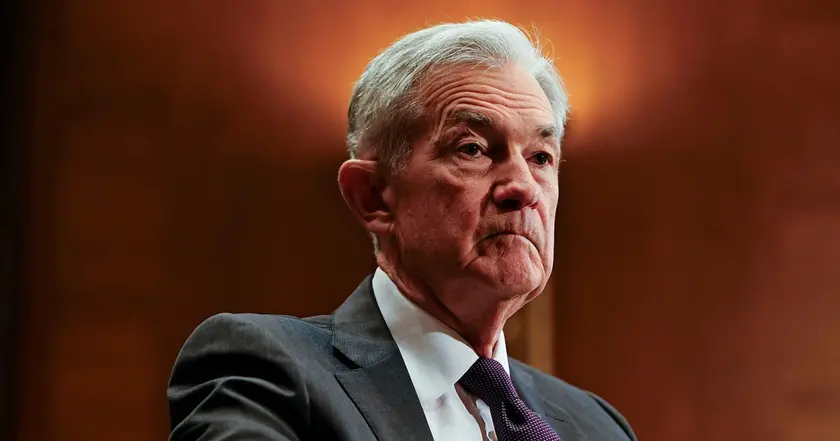
Federal Reserve maintains key interest rate amid dissent
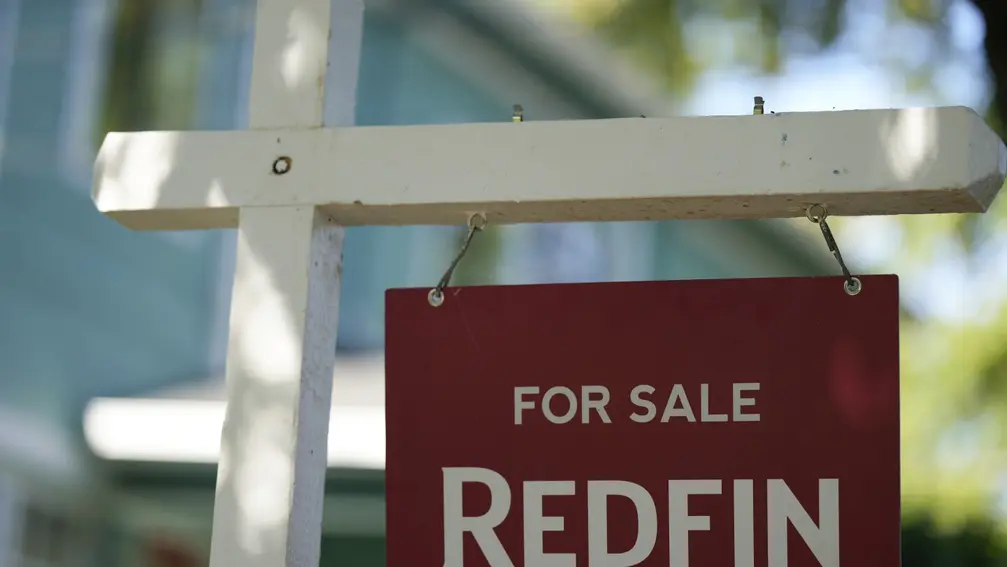
Average mortgage rates drop to 6.63%
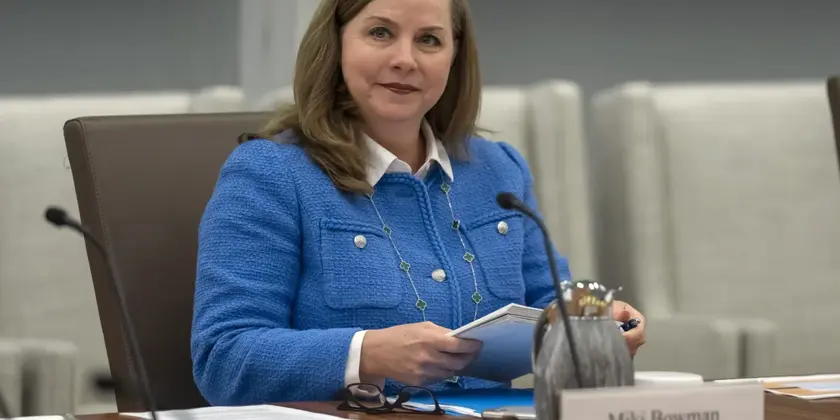
Fed official leans toward three rate cuts this year
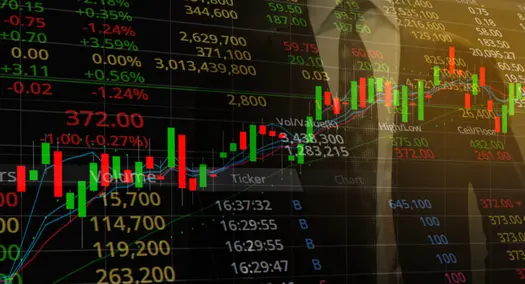
Markets stay mixed as inflation data looms

Fed chair decision under political lens
